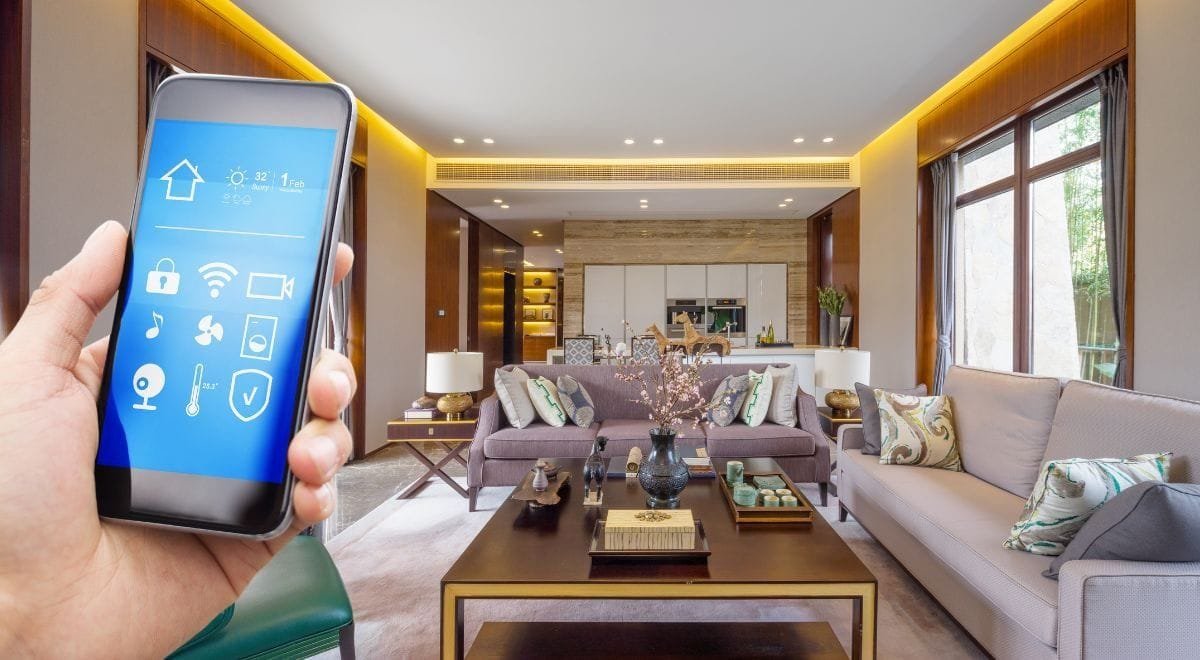In recent years, the concept of smart homes has transformed from a futuristic dream into a rapidly growing reality. A smart home is a residence equipped with internet-connected devices that enable the remote monitoring and management of appliances, lighting, climate, security systems, and more. As technology evolves and becomes more accessible, smart homes are reshaping the way we live by making our environments more efficient, secure, and responsive to our daily needs.
What Makes a Home “Smart”?
A smart home integrates various technologies through a central hub or mobile app. This may include:
- Smart thermostats that learn your preferences and adjust temperature settings automatically.
- Voice assistants like Amazon Alexa, Google Assistant, or Apple Siri, which allow hands-free control of devices.
- Security systems with cameras, motion detectors, and remote locks for real-time monitoring.
- Smart lighting that adjusts based on natural light, time of day, or your mood.
- Appliances such as refrigerators, ovens, and washing machines that can be controlled from your phone or set to operate during off-peak hours to save energy.
Benefits of Smart Homes
1. Convenience and Automation
The primary advantage of smart homes is the ease of automation. You can schedule your coffee to start brewing when your alarm goes off or set your lights to dim when it’s time for bed.
2. Energy Efficiency
Smart thermostats and lighting systems help reduce energy usage by adjusting automatically to your habits and environment. Over time, this can significantly cut down utility bills.
3. Enhanced Security
Remote access to cameras, doorbells, and alarm systems provides peace of mind. You can monitor your home from anywhere in the world and even receive alerts for unusual activity.
4. Accessibility
Smart homes are particularly beneficial for elderly or differently-abled individuals. Features like voice control, automated lights, and video doorbells make daily life safer and more manageable.
5. Increased Property Value
Homes equipped with smart technology are often more attractive to buyers, making it a worthwhile investment for the future.
Challenges to Consider
While smart homes offer many perks, they also present a few challenges:
- Privacy and Security Risks: Connected devices can be vulnerable to hacking if not properly secured.
- Compatibility Issues: Not all devices work seamlessly with one another, which can complicate setup and use.
- Cost: The initial investment in smart technology can be high, although prices are gradually becoming more affordable.
The Road Ahead
As artificial intelligence (AI) and machine learning continue to advance, the capabilities of smart homes will grow. Future homes may anticipate your needs, recognize emotional cues, or even suggest health tips based on your behavior. Integration with renewable energy sources like solar panels and smart grids will further enhance sustainability.
Conclusion
Smart homes represent a significant leap forward in how we interact with our living spaces. By offering unmatched convenience, energy efficiency, and security, they are setting the standard for modern living. As the technology becomes more affordable and user-friendly, the smart home revolution is not just for the tech-savvy — it’s becoming the new normal for households around the globe.

